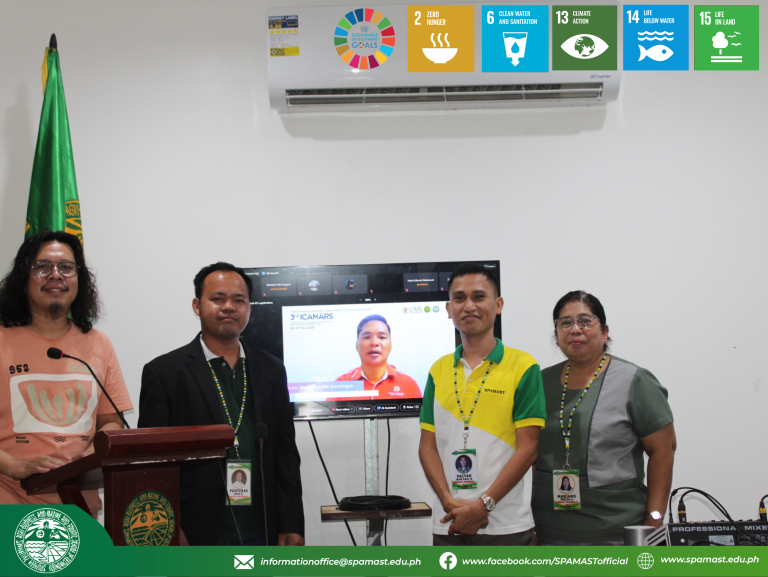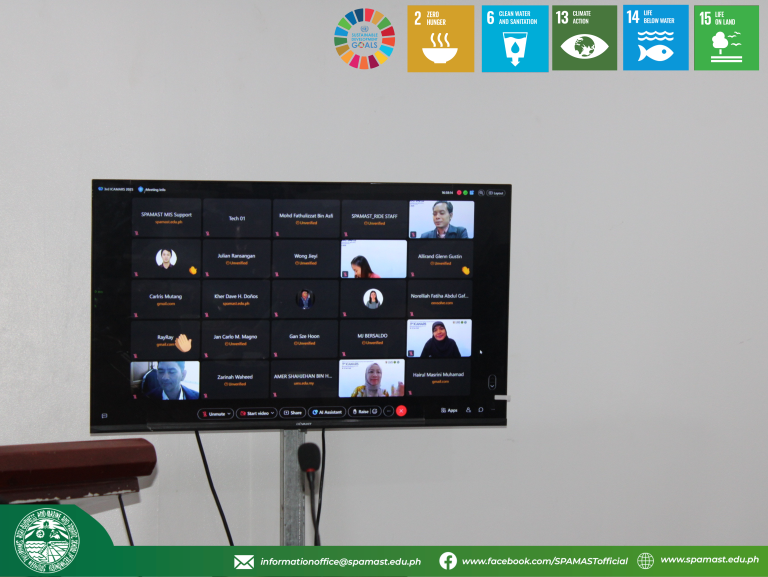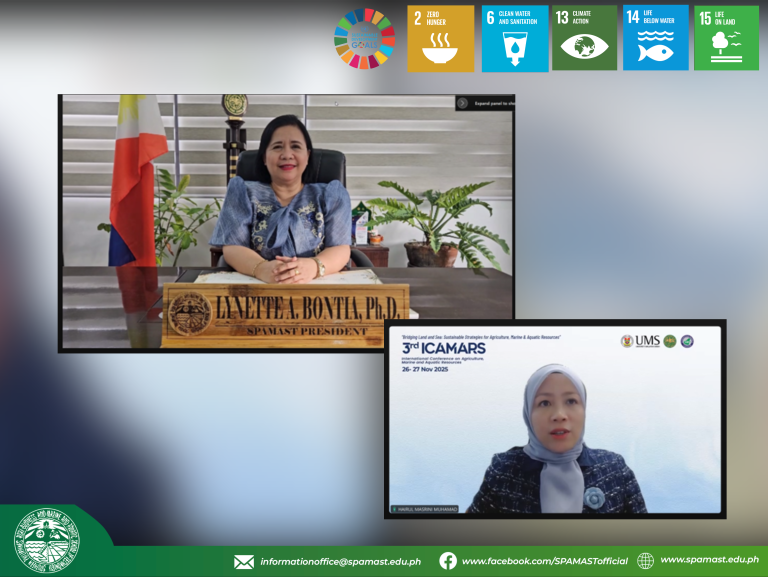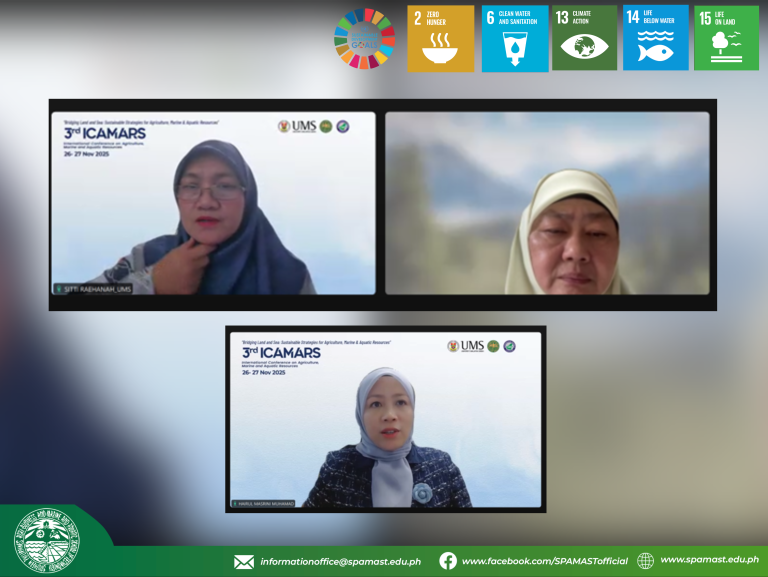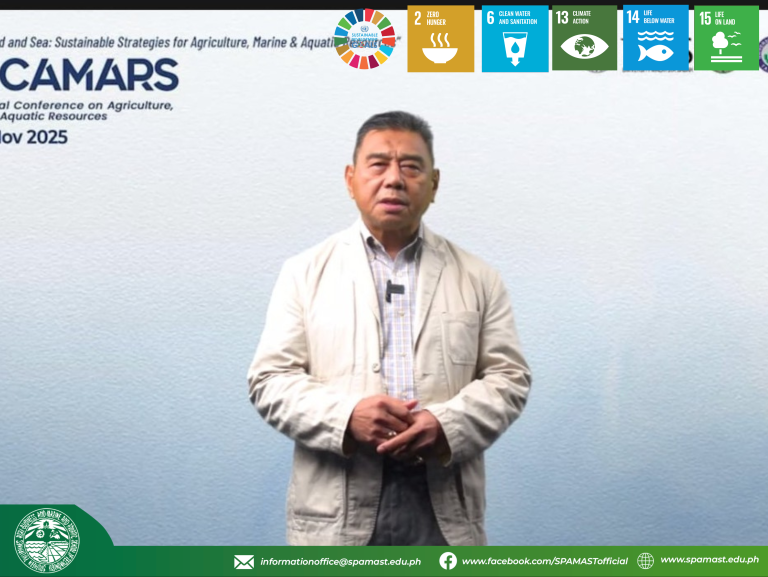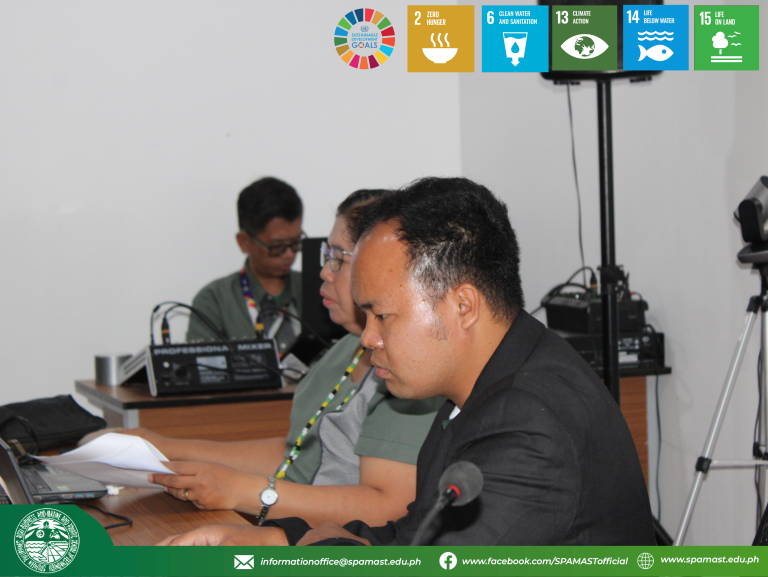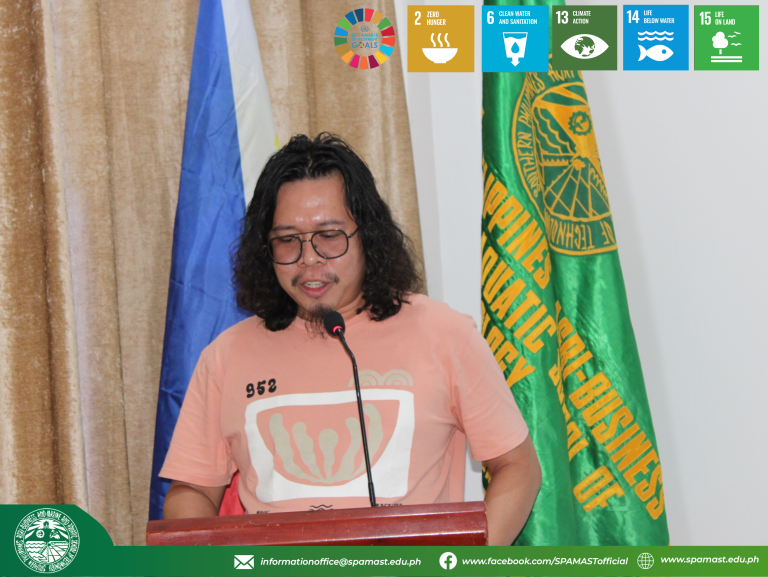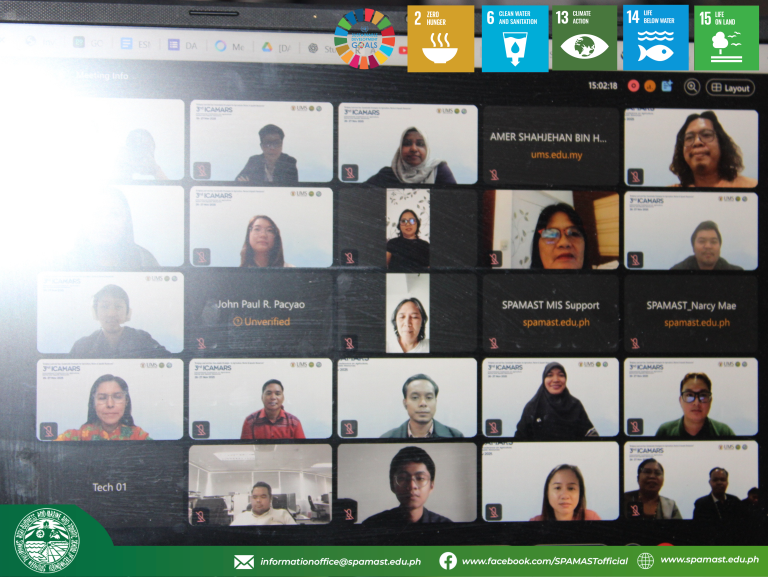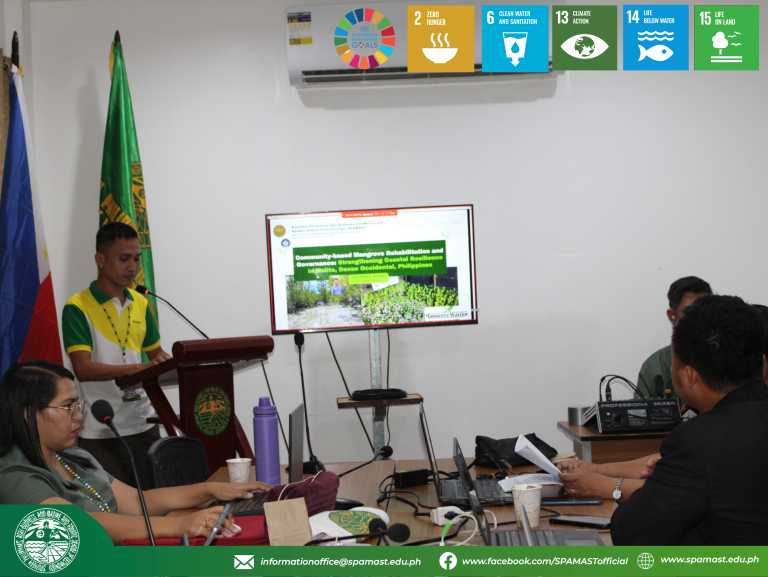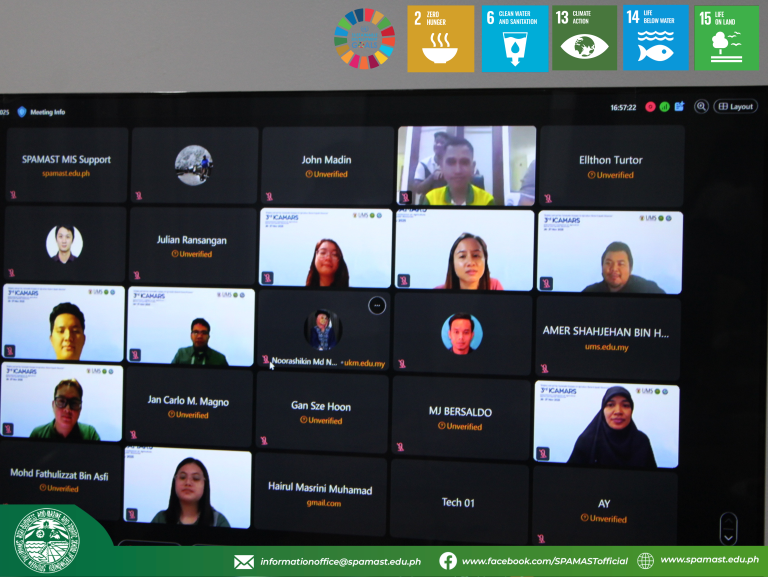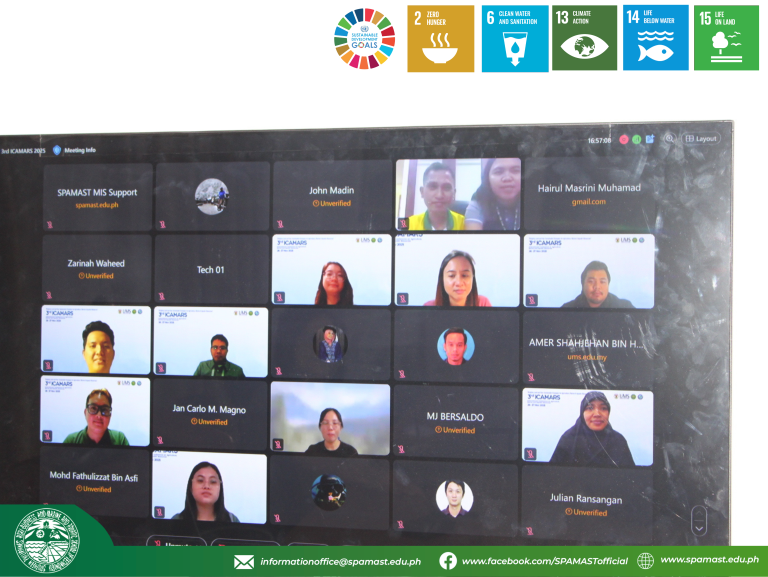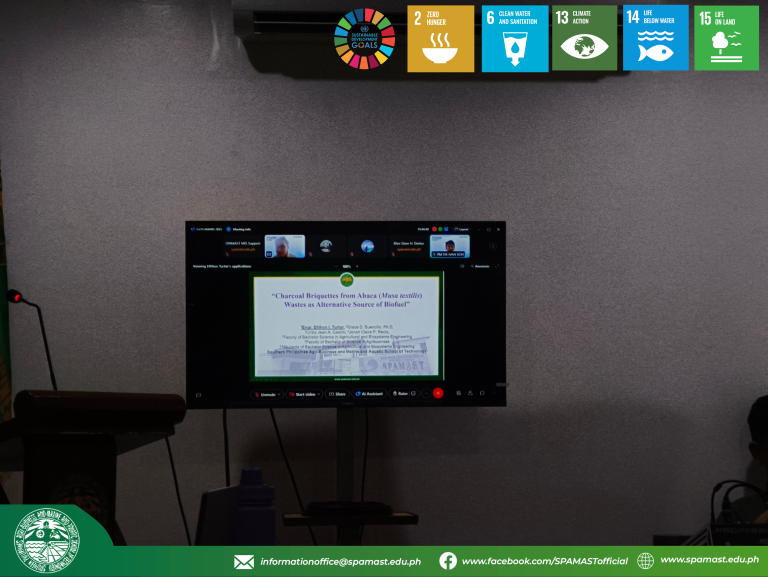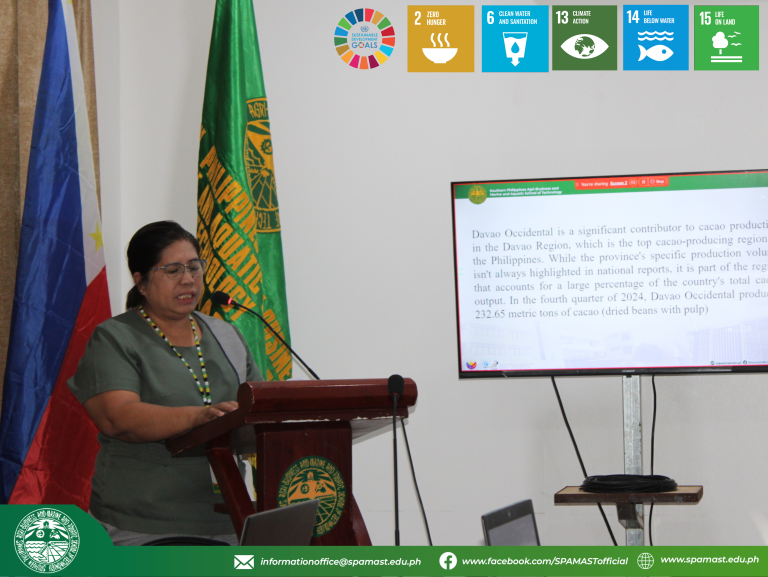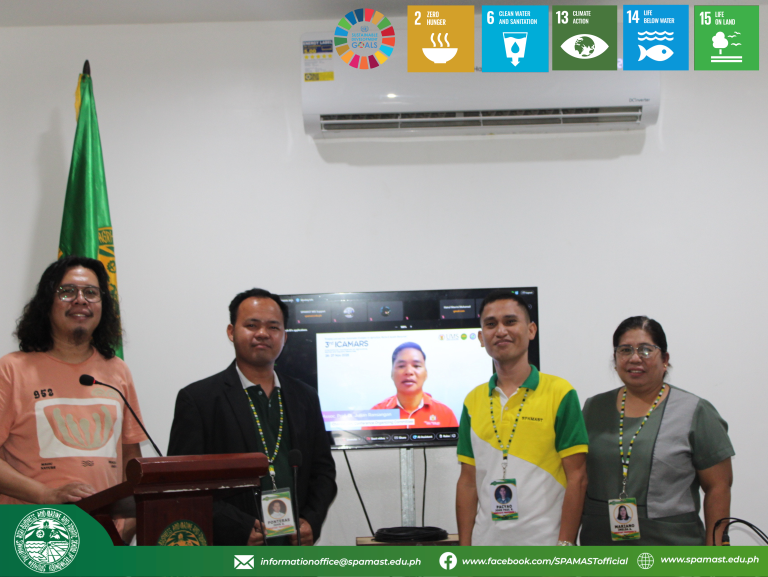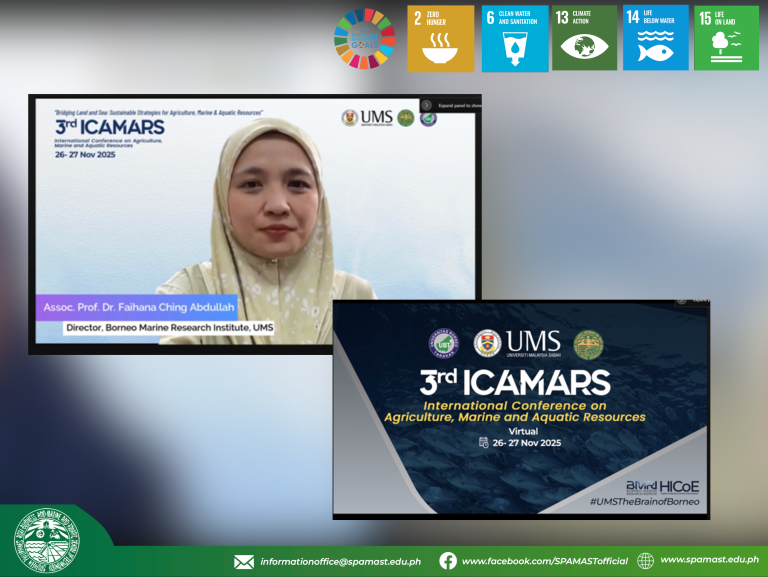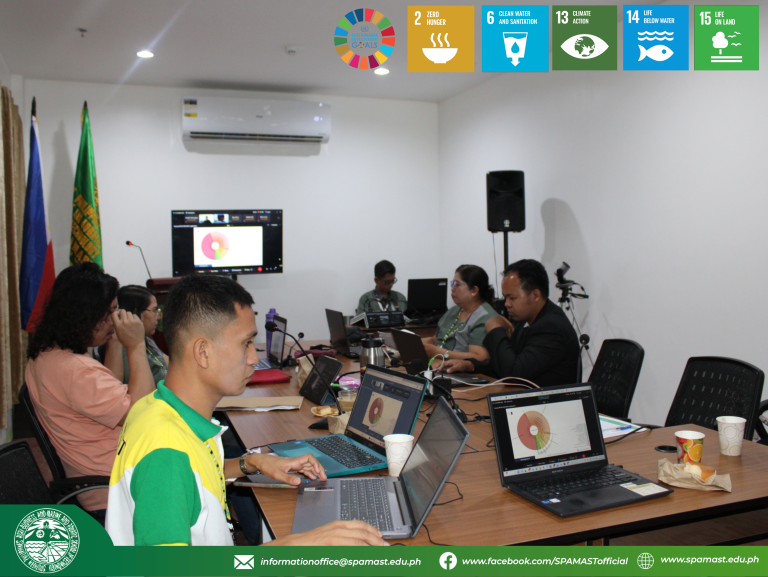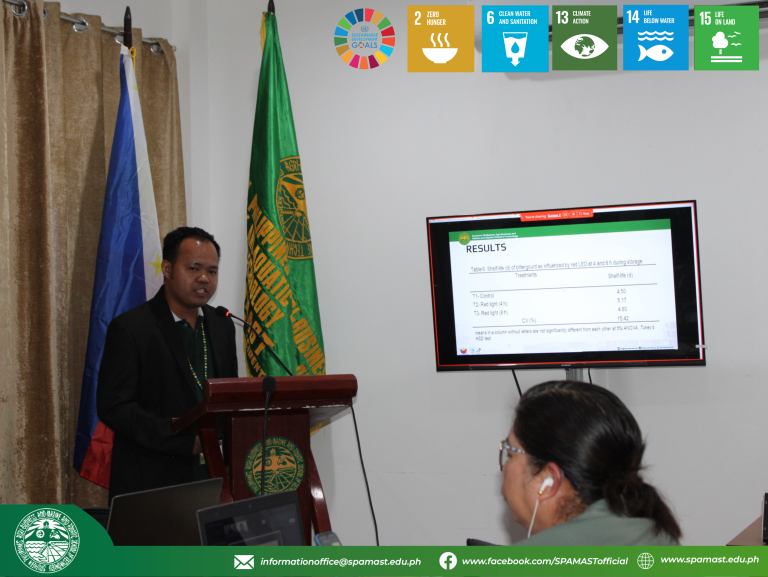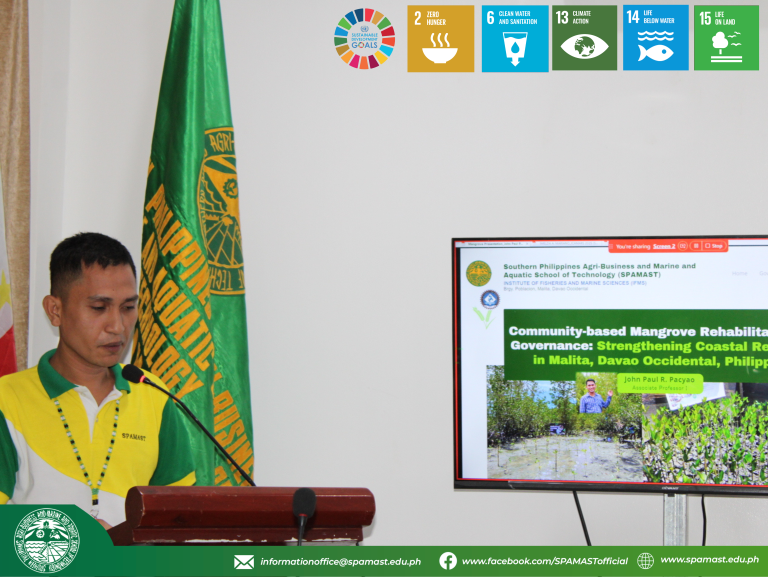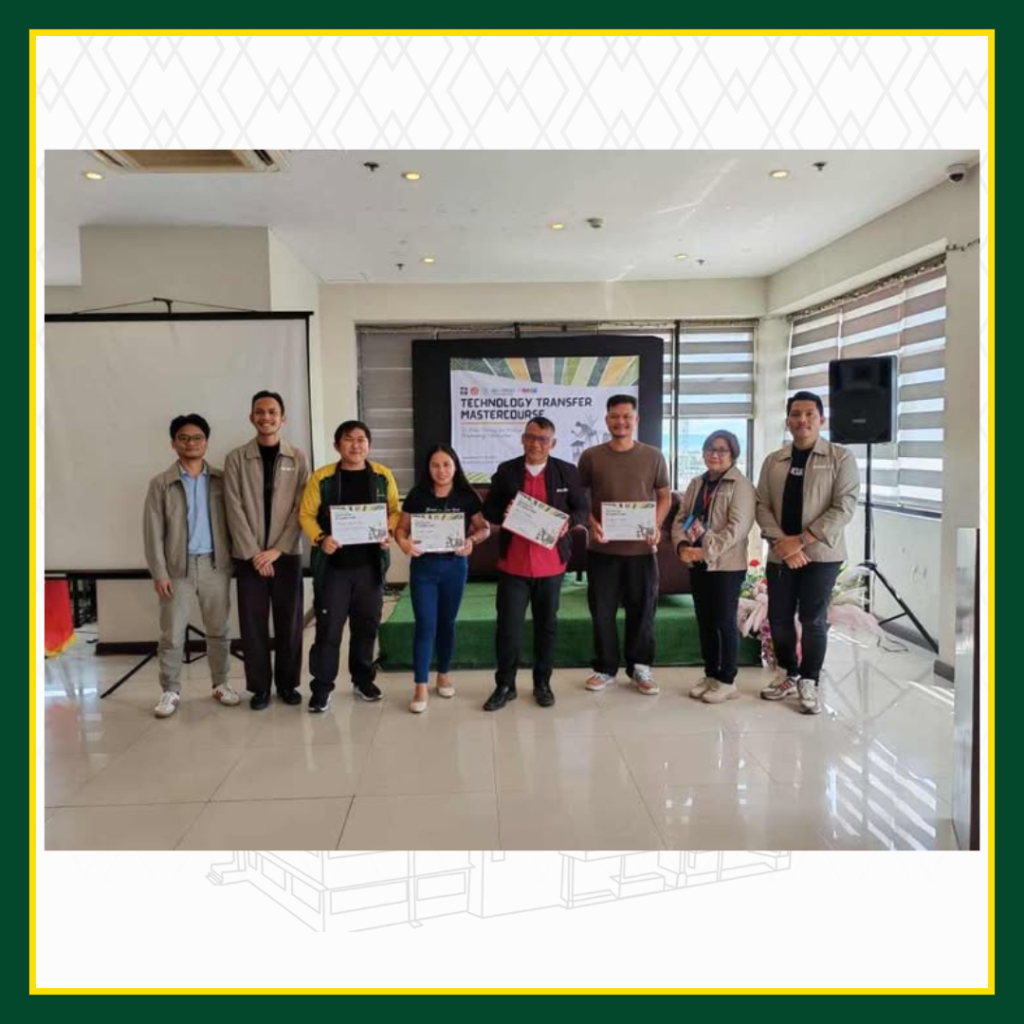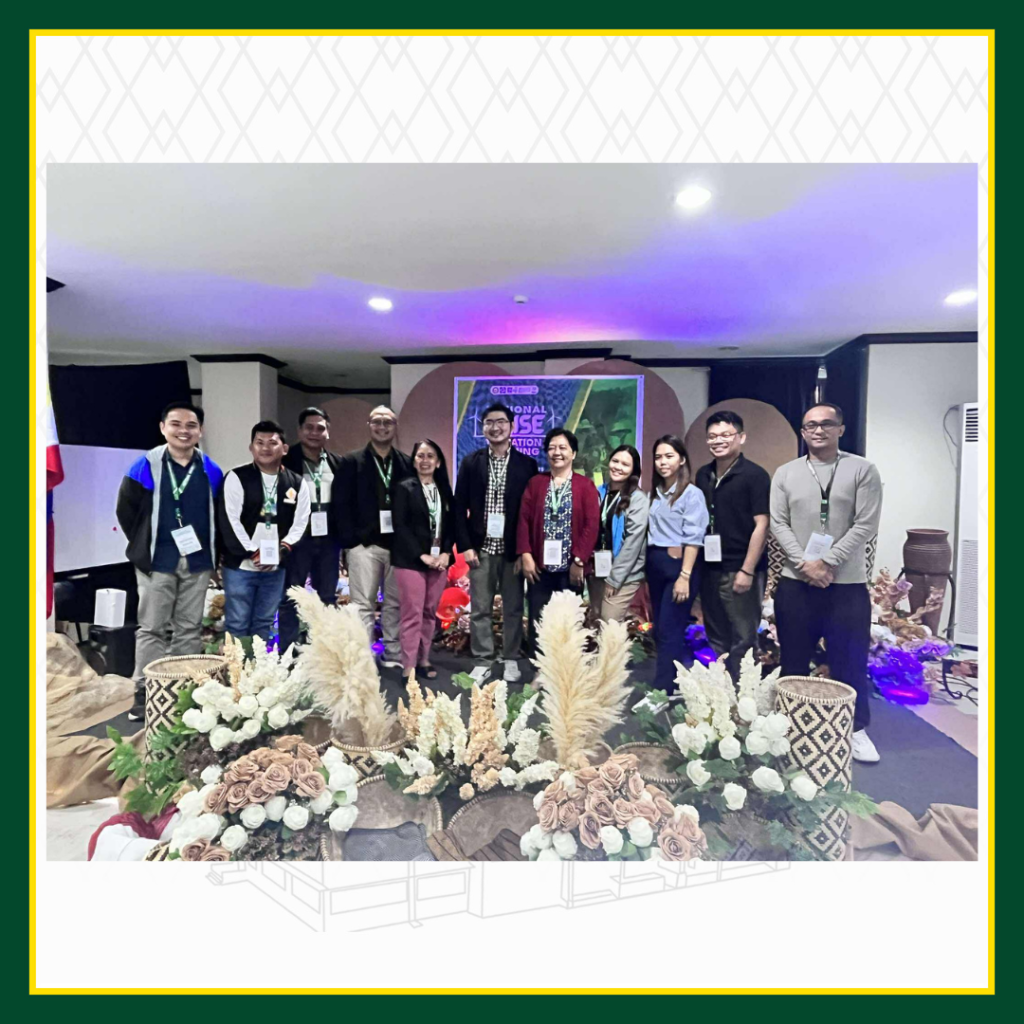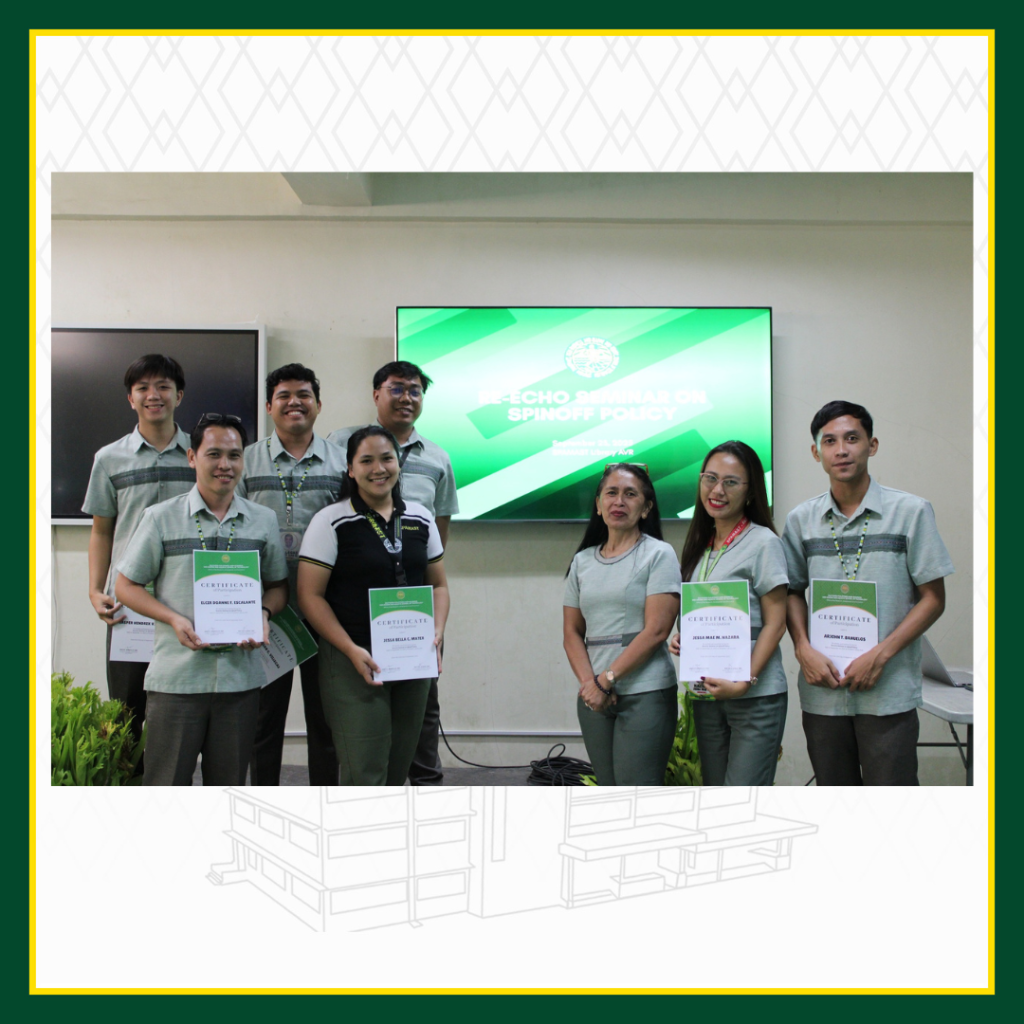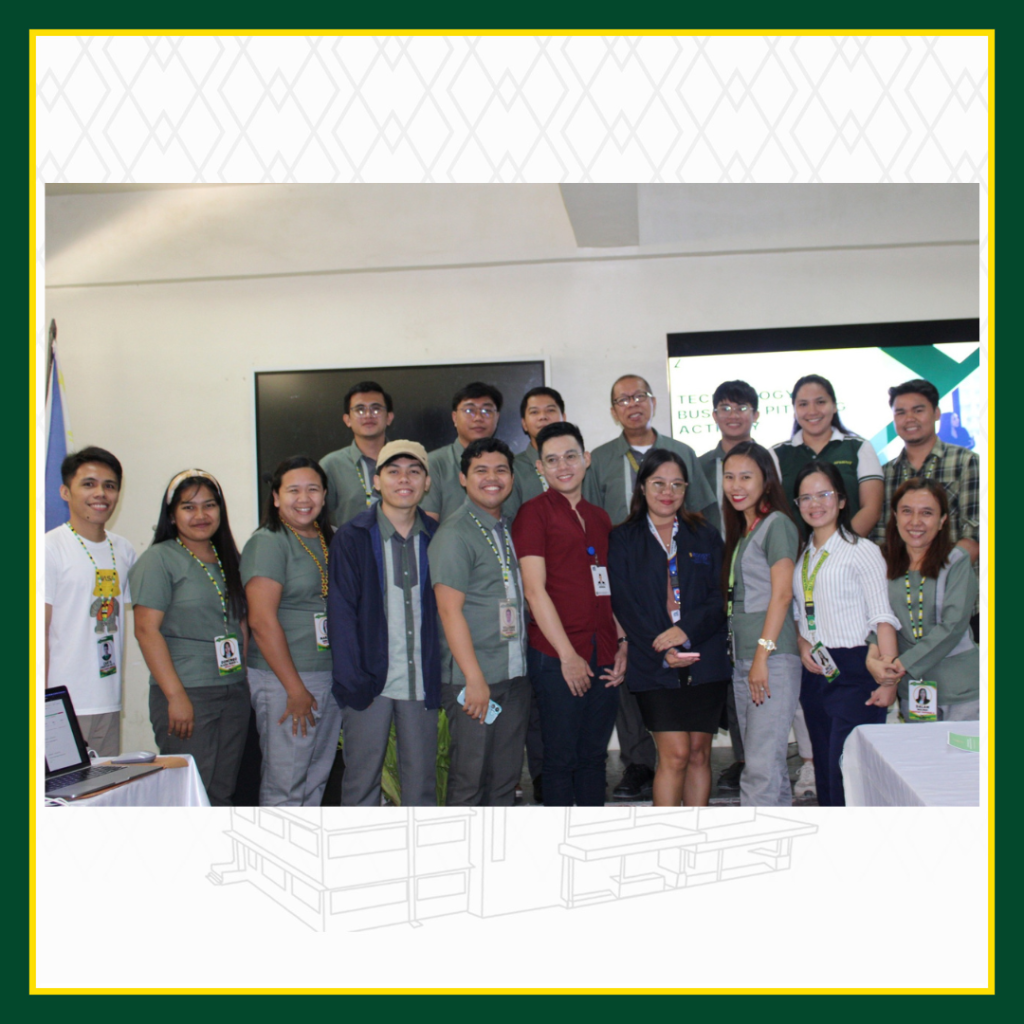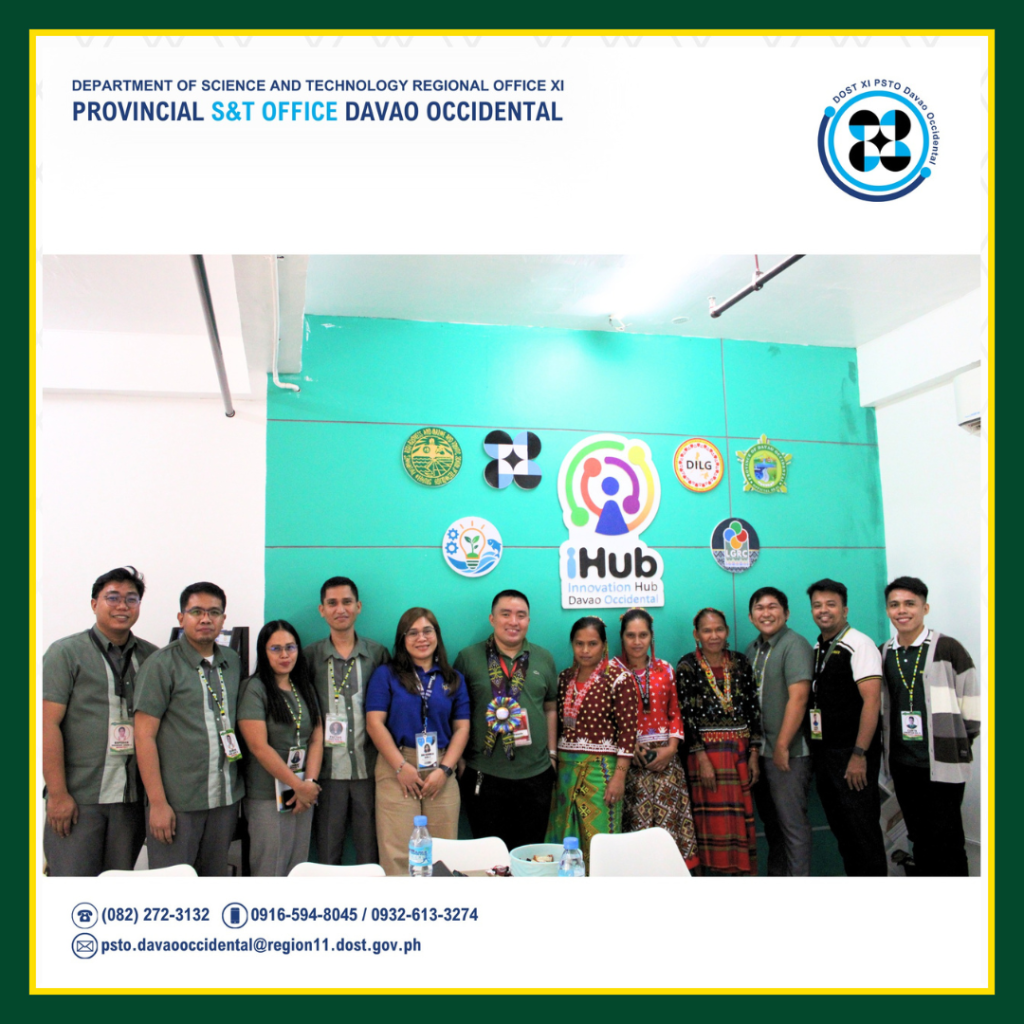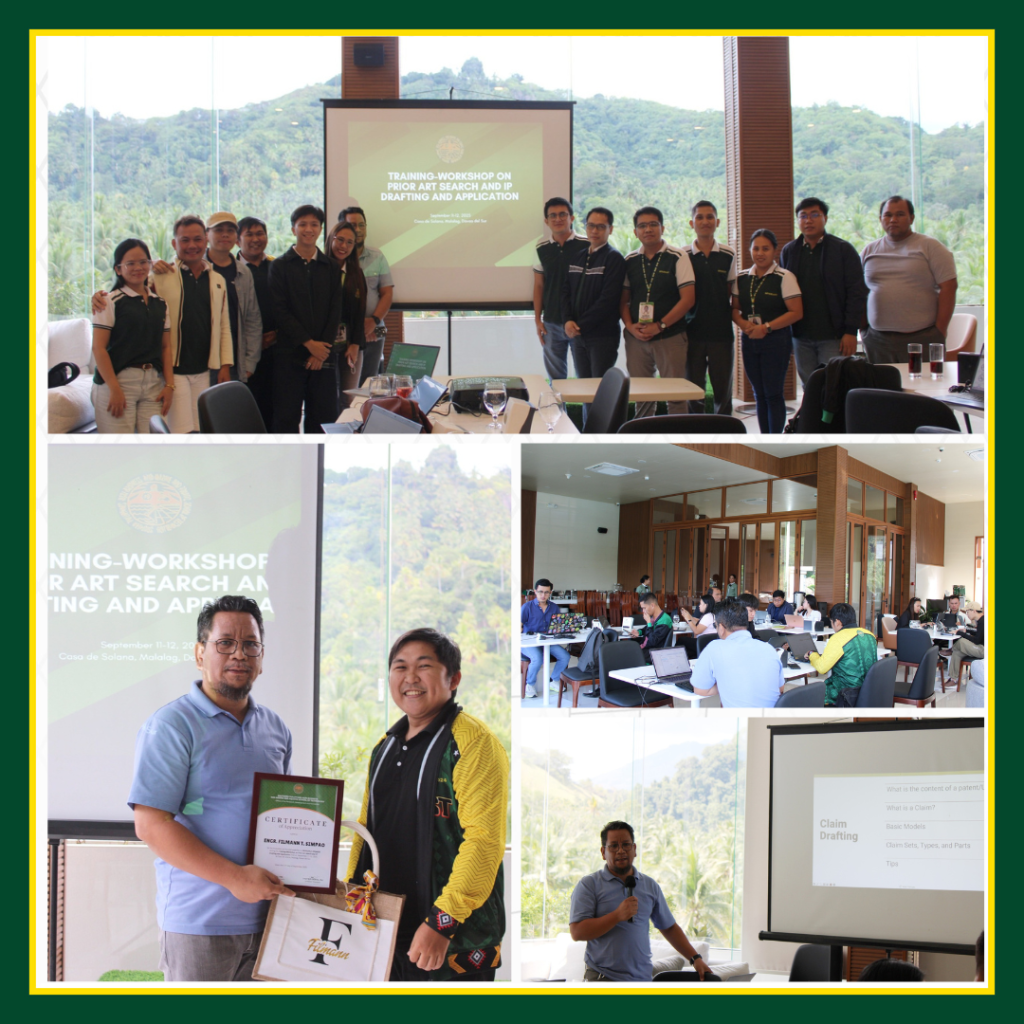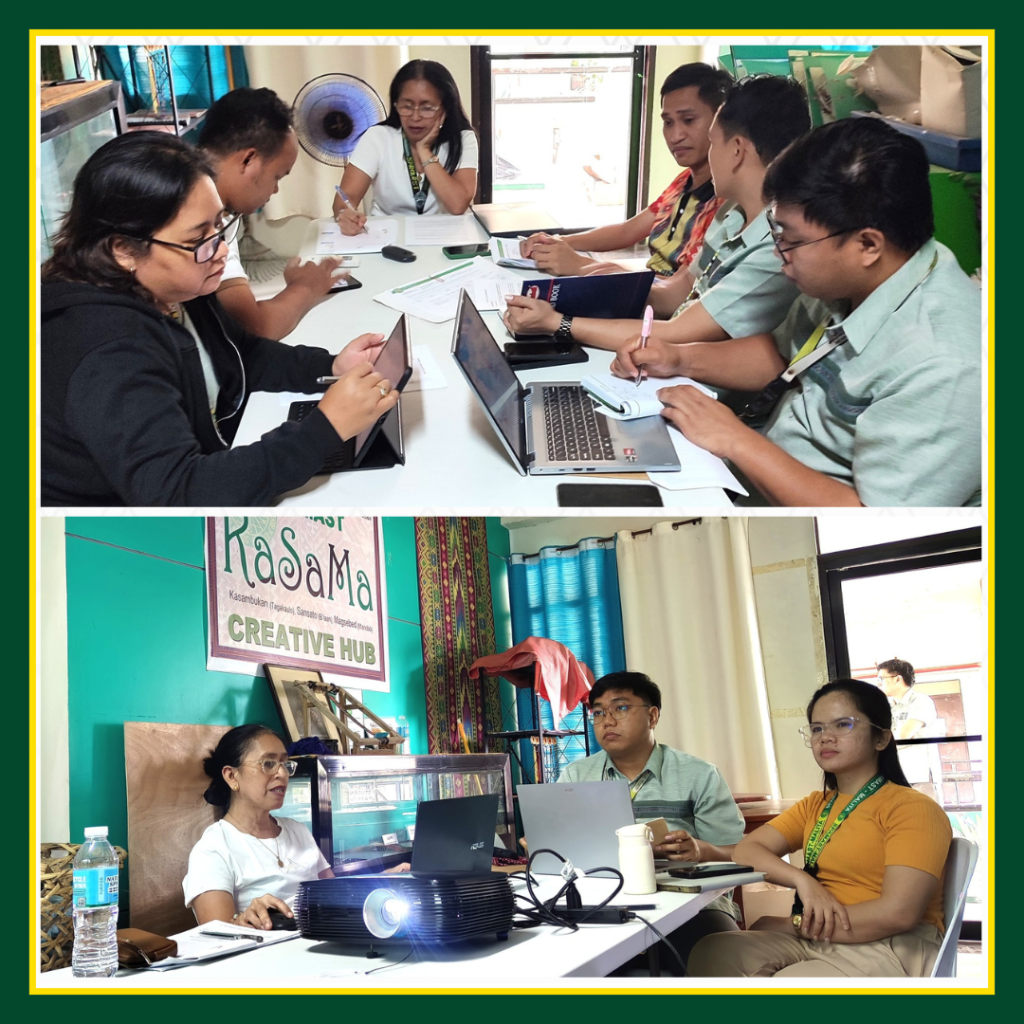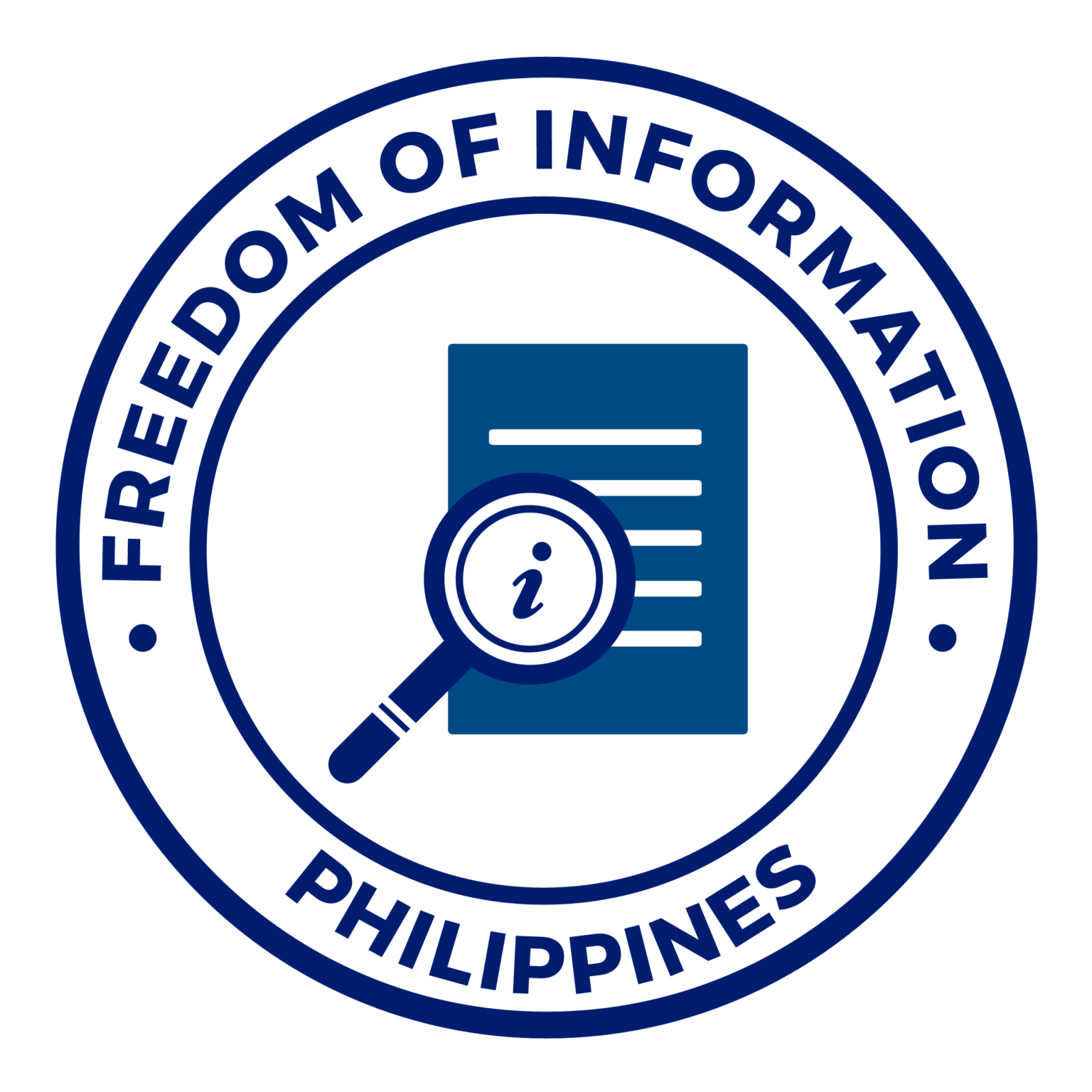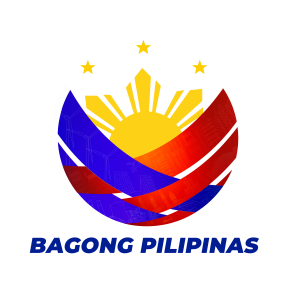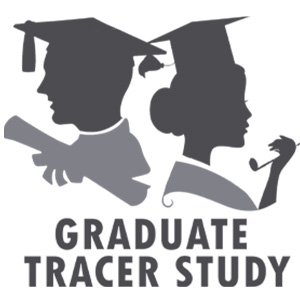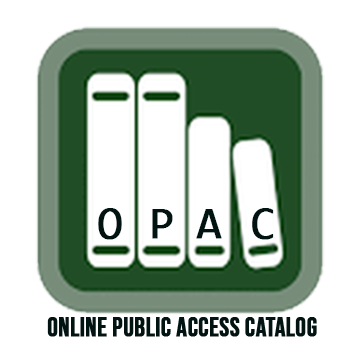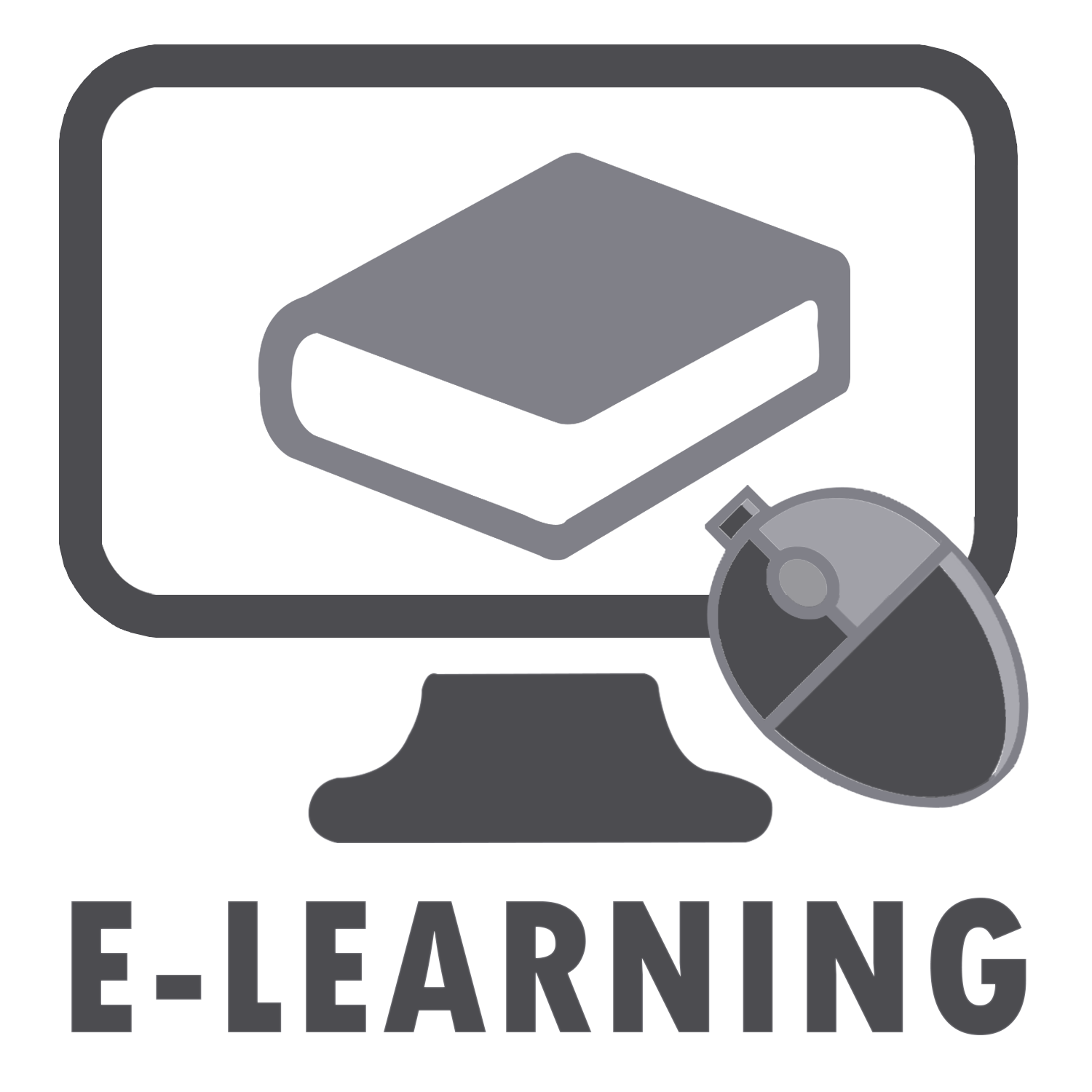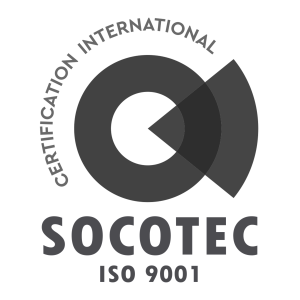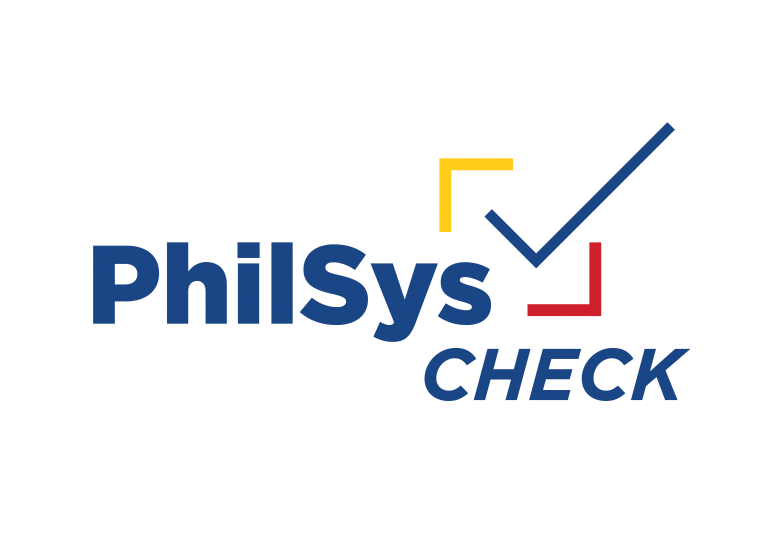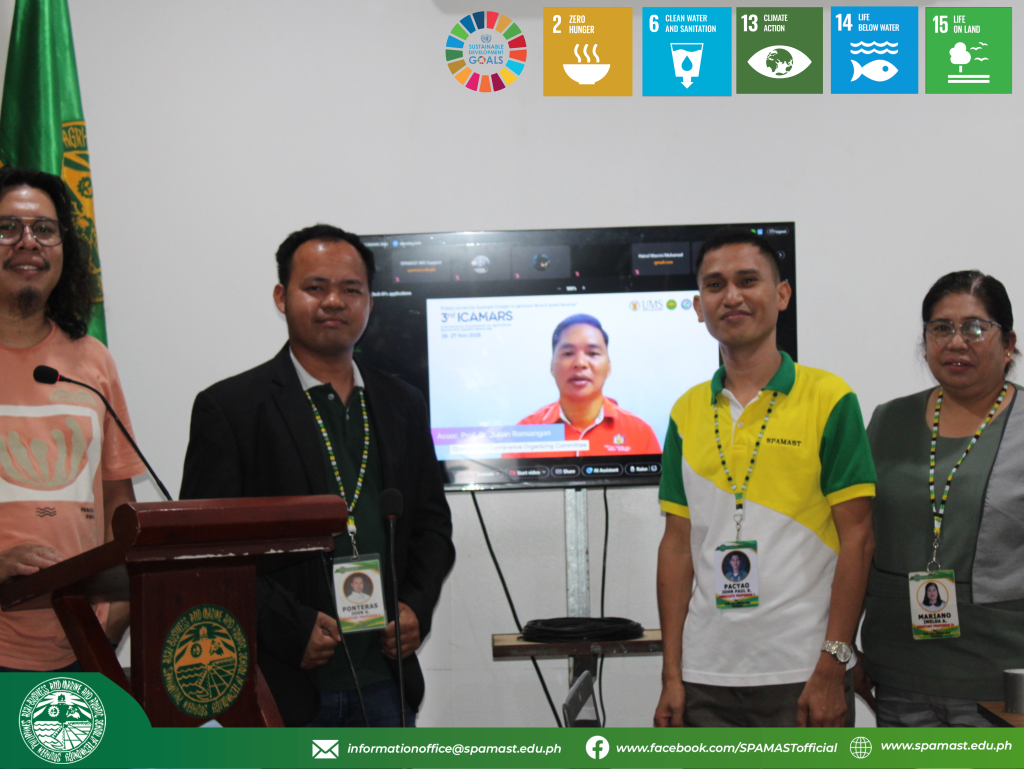
The Southern Philippines Agribusiness and Marine and Aquatic School of Technology (SPAMAST) played a pivotal role as co-host of the 3rd International Conference on Agriculture, Marine and Aquatic Resources (ICAMARS 2025), held virtually on 26–27 November 2025. Partnering with the Borneo Marine Research Institute, Universiti Malaysia Sabah, and other regional universities, SPAMAST helped bring together researchers and practitioners from the Philippines, Malaysia, Brunei, and Indonesia. The conference, themed “Bridging Land, Sea: Sustainable Strategies for Agriculture, Marine & Aquatic Resources,” highlighted innovations and sustainable solutions spanning agriculture, marine ecosystems, aquaculture, environmental health, and community-based governance.
Over the two-day event, participants engaged in keynote presentations, concurrent sessions, and thematic workshops. Day one focused on marine ecosystem conservation, aquaculture technology, integrated agri-aqua systems, coastal zone resilience, and food security, while day two addressed emerging contaminants, environmental health, policy, and community-driven conservation initiatives. The following SPAMAST Faculty presented their researches during the forum:
- Kher Dave H. Doños- From Research to Ripples: Translating Science to Sustainable Communities through Fisheries Extension
- Ellthon I. Turtor- Charcoal Briquette from Abaca (Musa textilis var. Ginampay) Wastes as Alternative Source of Biofuel
- Dexter D. Roquero- Navigating the Tale of MGA Dugong, Butanding, at Pawikan sa Malinis na Karagatan: Macroplastic Contamination a Threat to marine Biodiversity in Vulnerable Coastal Barangays of Malita, Davao Occidental
- John Paul R. Pacyao- Community-Based Mangrove Rehabilitation and Governance: Strengthening Coastal Resilience in Malita, Davao Occidental, Philippines
- Imelda A. Mariano- Assessment of Cacao Farmers in Selected Municipalities of Davao Occidental
- John G. Ponteras- Light Emitting Diode Exposure on the Pigment Composition and Physiochemical Characterization of Bitter gourd (Momordica charantia L. Cv. Jadeite) During Storage
The program featured both early-career and senior researchers sharing studies on mangrove and coral reef conservation, disease-resistant aquaculture, water quality assessment, phytochemical analysis, and sustainable food value chains. The conference underscored strong multinational collaboration, with notable participation from Universiti Malaysia Sabah, Universiti Kebangsaan Malaysia, Universitas Gadjah Mada, and SPAMAST.
Beyond facilitating knowledge exchange, ICAMARS 2025 reinforced regional commitment to sustainable development. By tackling interconnected challenges in agriculture, marine resources, and community resilience, the conference aligns closely with the United Nations’ 17 Sustainable Development Goals—particularly SDG 2 (Zero Hunger), SDG 6 (Clean Water and Sanitation), SDG 13 (Climate Action), SDG 14 (Life Below Water), and SDG 15 (Life on Land). The event demonstrated that cross-disciplinary research and regional cooperation are vital for advancing sustainable solutions across ASEAN and the broader Asia-Pacific region.

